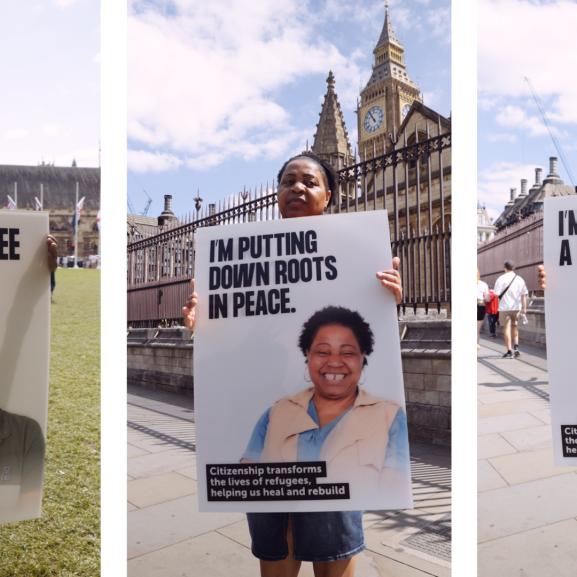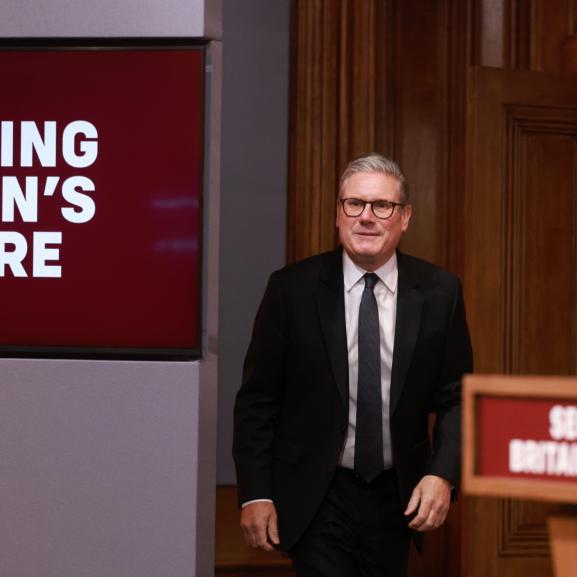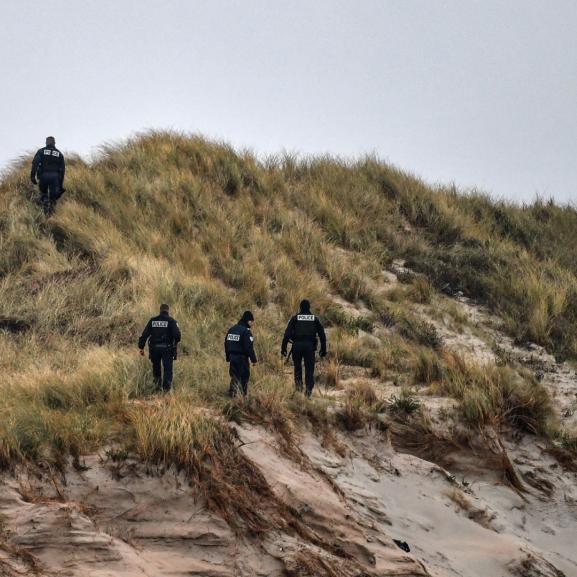Appeal Court Highlights Need for Proper Medical Reports on Torture
The importance of doctors presenting evidence of torture in a manner stipulated by international agreement when producing medico-legal reports for use in asylum claims has been highlighted by the Court of Appeal. (1)
The court found against a Somali appellant, who said members of a rival clan had tortured him, on the grounds that a doctor's report presented to support the claim relied entirely upon the man's account of how the scars were caused.
The doctor had reported that a chest scar was caused by a bayonet, that two further scars on the man's knees were from being forced to kneel repeatedly while burying bodies, a lesion on the back of the head was from being hit with a gun butt and facial scars were caused by repeated beatings.
An adjudicator had already dismissed the case on the grounds of credibility, and the Immigration Appeals Tribunal had ruled that the medical evidence did not corroborate the asylum claim.
The appeal court upheld both findings, ruling that in the doctor's appraisal of the injuries there was nothing "to indicate that he stood back and considered them objectively...". As the explanations were not "the subject of separate, critical consideration by the doctor," the court added, " the adjudicator was entitled not to regard them as medical opinion."
In drafting his report, the doctor had ignored the provisions of the United Nations Manual on the Effective Investigation and Documentation of Torture and Other Cruel, Inhuman or Degrading Treatment or Punishment (1999), known as the Istanbul Protocol, a document which the Medical Foundation helped to draft.
The Protocol acknowledges that only in very rare cases can doctors state categorically that a scar has been caused by torture but recognises that "a report supporting an application for political asylum in a third country need provide only a relatively low level of proof of torture."
It helps doctors maintain their objectivity by providing options for indicating the degree of consistency between the scarred tissue and the account given by the person being examined.
It states: "For each lesion where possible, and for the overall pattern of lesions, the physician should indicate the degree of consistency between it and the attribution given by the patient." Terms that are generally used are then listed.
Not consistent: The lesion could not have been caused by the trauma described
Consistent with: The lesion could have been caused by the trauma described, but it is non-specific and there are many other possible causes
Highly consistent: The lesion could have been caused by the trauma described, and there are few other possible causes
Typical of: This is an appearance that is usually found with this type of trauma, but there are other possible causes
Diagnostic of: This appearance could not have been caused in any way other than that described."
The Protocol goes on to state: "Ultimately, it is the overall evaluation of all lesions and not the consistency of each lesion with a particular form of torture that is important in assessing the torture story."
The Protocol is scrupulously observed by Medical Foundation doctors who are trained that "A medical examination for legal purposes should be conducted with objectivity and impartiality".
An indication of the weight the Home Office now attaches to Medical Foundation reports is that any proposed negative decision taken with regard to an applicant who has presented one has to be endorsed by a senior official.
In addition, a Home Office policy instruction states: "Where an applicant submits a report from the Medical Foundation which supports his account of torture, the fact that the applicant has been tortured should be accepted unless there are significant reasons for rejecting that conclusion despite the content of the report."
Doctors attached to Medical Foundation centres in London, Manchester and Glasgow are trained in the correct way of presenting their findings in accordance with the Protocol. It is hoped that volunteer doctors in Newcastle will be recruited and similalrly trained before the end of this year.
As Medical Foundation offices open in Leeds and Birmingham in the near future, we hope to expand these services there also. In the meantime, reports requested from areas where the Medical Foundation does not have an office are dealt with in London.
(1) (SA (Somalia)[2006] EWCA Civ 1302).





